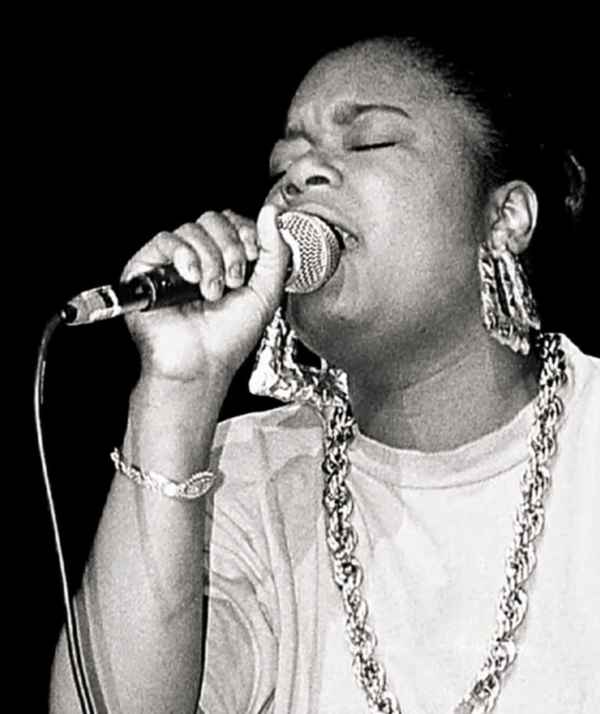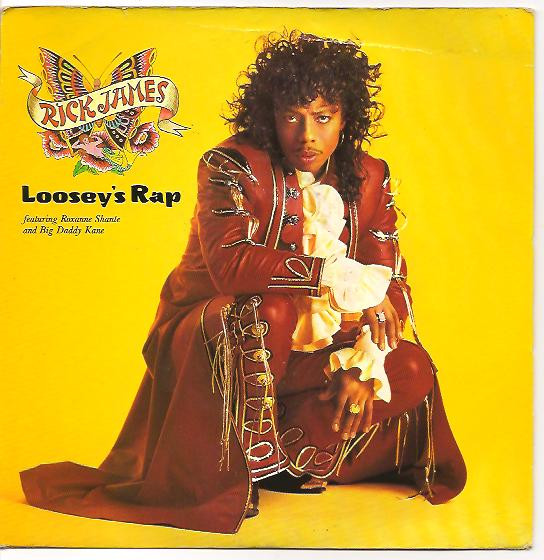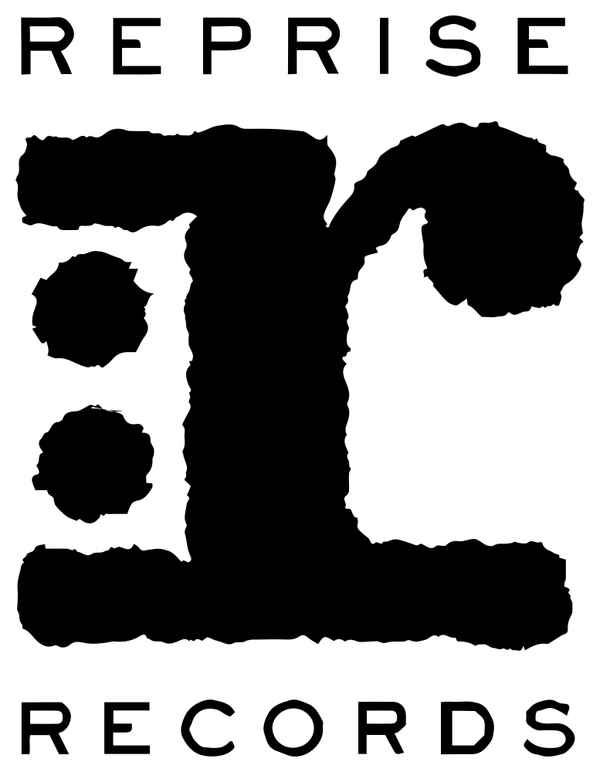Roxanne Shanté
About Roxanne Shanté
Lolita Shante Gooden (born March 8, 1970), better known by her stage name Roxanne Shante, is an American rapper. Born and raised in the Queensbridge Projects of Queens, New York City, Shante first gained attention through the Roxanne Wars and was part of the Juice Crew. The 2017 film, Roxanne Roxanne, is a dramatization of Shante’s life.
In 1984, the young rapper ran into Bruce Bailey and Billy Beaver, DJ Mr. Magic, and record agent Marley Marl outside the Queensbridge housing project. The four of them were discussing U.T.F.O. since the rap trio had failed to make an appearance at a concert. U.T.F.O. had recently released a single called “Hanging Out,” which did not gain much critical acclaim; however, the B-side “Roxanne, Roxanne”, about a woman who would not respond to their advances, became a hit. Shante, who was a member of the Juice Crew, was contracted to write a track in rebuttal to U.T.F.O.’s rap, posing as the Roxanne in the U.T.F.O. song. Marley Marl produced the song “Roxanne’s Revenge” using the original beats from an instrumental version of “Roxanne, Roxanne”. The track became an instant hit and made Shante, only 14 years old at the time, one of the first female MCs to become very popular. Following this, the “Roxanne Wars” started.
n 1985, Shante released a record together with rapper Sparky D, who had dissed her before in her track “Sparky’s Turn, Roxanne You’re Through” for disrespecting U.T.F.O. and being too young to be in rap battles. The record called “Round One, Roxanne Shanté vs Sparky Dee” was released by Spin Records and included six tracks: the two original battle tracks (“Roxanne’s Revenge” and “Sparky’s Turn”) as well as “Roxanne’s Profile” by Shante, “Sparky’s Profile” by Sparky D and a battle track, in which the two rappers freestyle and dis each other, in a censored and an uncensored version. Other hits included “Have a Nice Day” and “Go on Girl”. In 1985, Shante battled Busy Bee Starski for the crown of “best freestyle rapper” but lost due to improper judging. Judge Kurtis Blow later admitted to Shante that he did not vote for her because she was a girl. The ongoing battle with KRS-One hit its height when KRS-One claimed in his 1986 track “The Bridge Is Over” that Shante was nothing more than a sexual appendage to male rappers. Shante released Bad Sister in 1989, The Bitch Is Back in 1992, and a greatest hits anthology in 1995.






